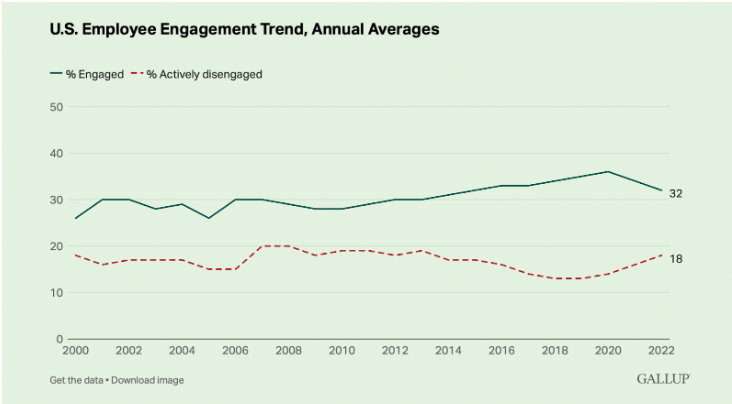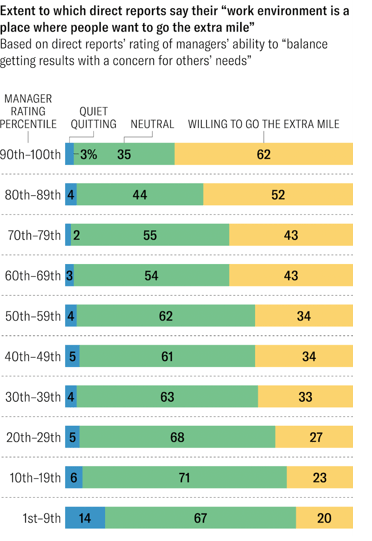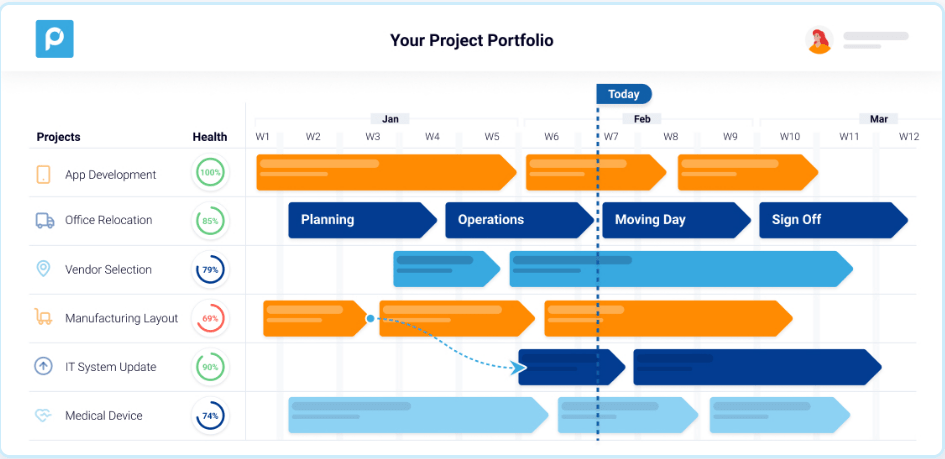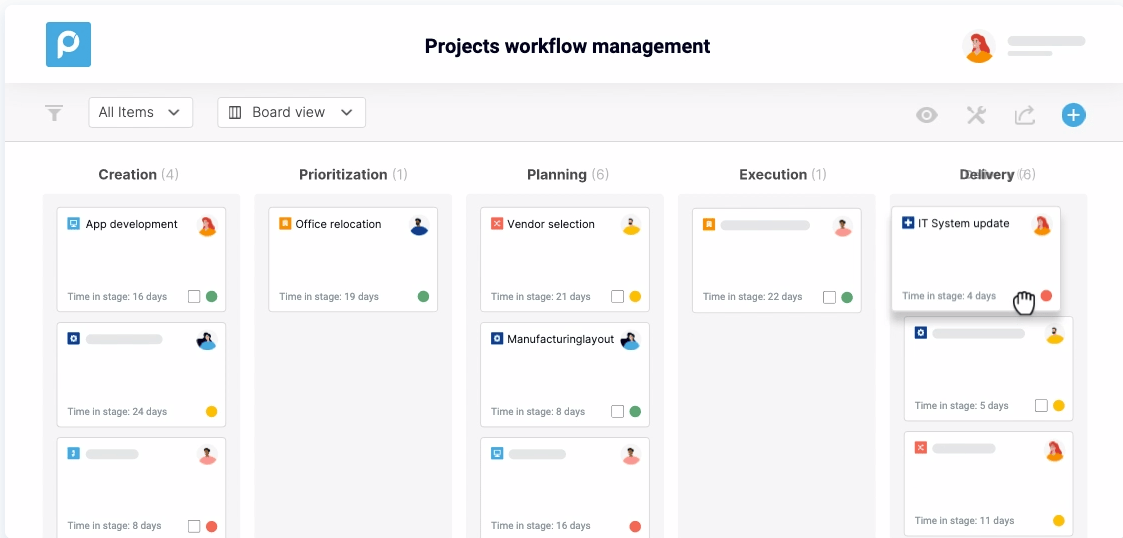Want to Prevent Quiet Quitting? Change Your PPM Platform

Shhh. Do you hear that?
It’s the concept of “quiet quitting” making a not-so-quiet impact on management and retention.
But…what is it, exactly?
The term “quiet quitting” first started going viral recently thanks to a TikTok from Zaiad Khan, in which he said:
“I recently learned about this term called ‘quiet quitting’ where you’re not outright quitting your job, but you’re quitting the idea of going above and beyond. You are still performing your duties, but you are no longer subscribing to the hustle culture mentally that work has to be our life.”
If you’ve ever felt guilty of this behavior yourself, you’re not alone. According to Gallup, quiet quitters make up at least 50% of the U.S. workforce. And a growing number of people are actively disengaged at work.

Now, you can attribute this rise in disengaged employees to many things: burnout and stress (which are at an all-time high), the after-effects of the pandemic, laziness, entitlement — take your pick. But research from Harvard Business Review (HBR) has shown that quiet quitting is actually a result of one major failing: poor management processes.
So, how can you prevent quiet quitting in your organization and improve engagement and productivity among teams?
Let’s take a look.
What is quiet quitting?
Many definitions of quiet quitting have been thrown around.
Gallup simply says it refers to people “not going above and beyond at work and just meeting their job description.” HBR says it’s a new name for an old concept: employees who are “willing to do the minimum work necessary to keep their job” instead of “willing to put more of their energy and effort into their work.”
HBR added, “[Quiet quitters] reject the idea that work should be a central focus of their life. They resist the expectation of giving their all or putting in extra hours. They say ‘no’ to requests to go beyond what they think should be expected of a person in their position.”
The problem is that all these definitions put the blame on the employees themselves. They don’t acknowledge the real catalyst behind quiet quitting: inadequate management processes.
How is quiet quitting tied to project management?
HBR discovered a clear correlation between quiet quitting and management. According to their study, the least effective managers saw 3-4X as many people quietly quitting — including 14% of their direct reports — when compared to the most effective leaders. Meanwhile the best managers had more people willing to go the extra mile at work and only 3-4% of people quietly quitting.

How can you prevent quiet quitting in your organization?
The best way to prevent quiet quitting is to streamline project management across your organization. As Kiron Bondale wrote for ProjectManagement.com, make sure you’re recognizing team members, creating a manageable workload, and cutting down on boring, manual tasks. Gallup also recommends that managers improve collaboration and help team members see the value of their work.
If that sounds easier said than done, you might want to take a good look at your project management platform (PMP).
The right PMP can make or break your project management processes — and transform how team members collaborate and reach their goals. More specifically, your PPM should be able to provide complete clarity across your project portfolio, like this:

Your PPM should also have the power to:
- Intuitively adapt to unexpected changes
- Easily share data between teams
- Automate manual tasks, saving time and reducing human errors
- Update your progress in real time
- Pull insights to optimize workflows and results
Proggio offers all that and more — giving you the tools you need to improve project management and prevent burnout across your organization.

Ready to try it for yourself? Book a custom demo today.

